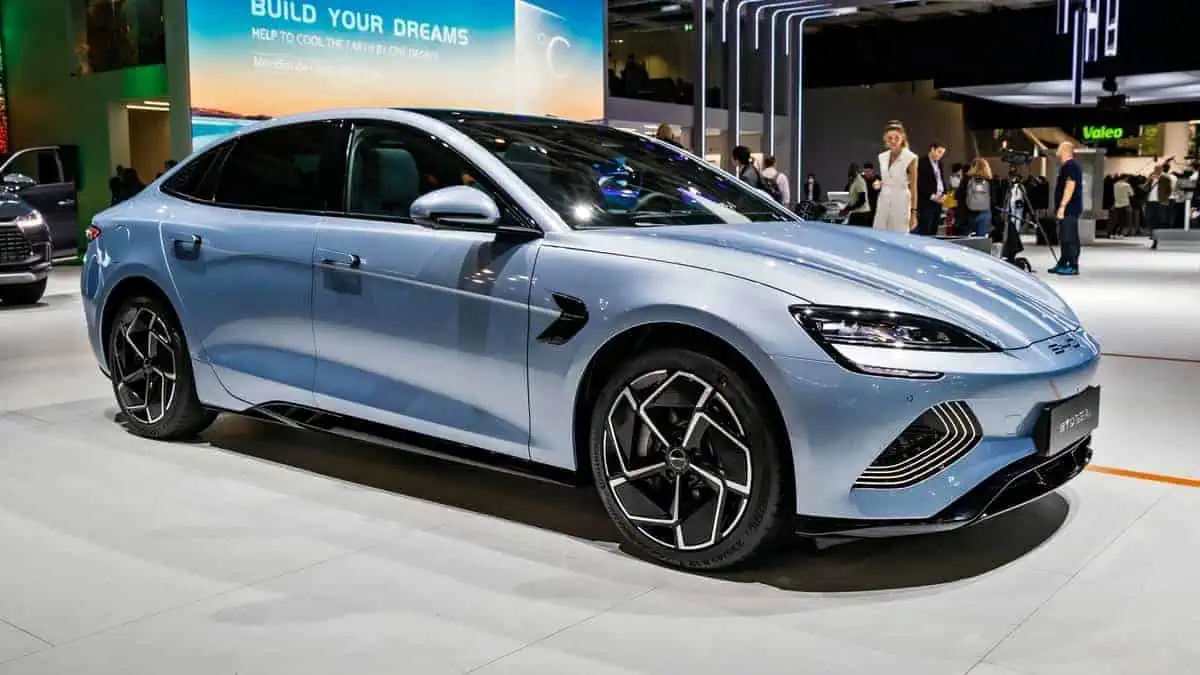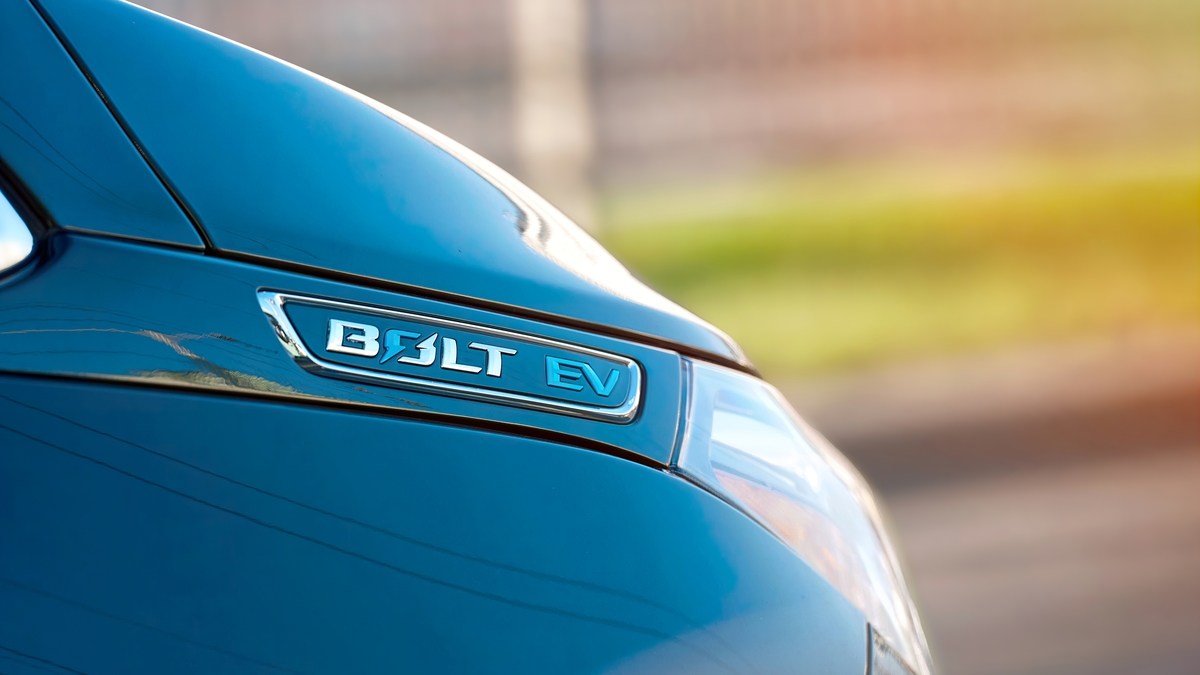Chinese electric vehicle giant BYD has officially launched three of its popular new energy vehicles in the United Arab Emirates (UAE), including the Seal, Song Plus, and Qin Plus.
BYD now sells the Seal, Song Plus, and Qin Plus in the UAE
According to local automotive news platform Gasgoo, BYD recently held a launch event in Dubai to formally introduce the new addition to its product portfolio in the UAE.
It is worth noting that the Seal is an all-electric sports sedan, while the Song Plus and Qin Plus are both plug-in hybrid electric vehicles (PHEV).
“This evening is more than a vehicle launch; it’s a testament to BYD’s fusion of avant-garde technology and forward-thinking design. The BYD SEAL is the first to marry CTB technology with a dynamic aesthetic, crafting an unrivaled driving experience. The QIN PLUS and SONG PLUS, powered by our fourth-generation plug-in hybrid technology, represent the synergy of performance, efficiency, tranquility, and eco-friendliness.”
Adam Peng, BYD’s Middle East Regional Sales Director
For context, BYD initially launched the Han and Atto 3 battery electric vehicles (BEVs) in the country. Therefore, the arrival of these three new NEV models in the UAE expanded BYD’s current product portfolio from just two to five offerings.
Brief background
BYD officially penetrated the passenger car market of the UAE last year with the launch of the Atto 3 compact electric crossover on June 21. The Chinese NEV giant partnered with the local dedicated green mobility business unit Al-Futtaim Electric Mobility Company to launch the BYD EVs in the country.
In November 2023, BYD opened a new local flagship showroom and launched the Han electric executive sedan for sale.
2024 sales target
BYD’s expansion in the UAE with a product lineup of five NEVs will play a crucial role in its sales target this year.
BYD initially set a target of selling 4 million NEVs in 2024. It raised that figure to 4.2 million in the sales forecast given to suppliers.
Of that total, BEVs will account for 2 million units, while PHEVs will contribute 2.2 million units.
For reference, the Chinese NEV giant’s sales reached 3,024,417 units last year (up 62.3% YoY). Passenger NEVs accounted for 3,012,906 units of the total, while commercial ones only contributed 11,511 units.






